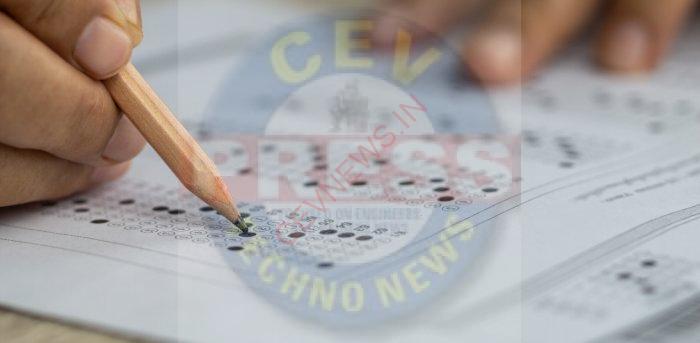FORENSIC AUDIT –ALL YOU NEED TO KNOW
A forensic audit is an analysis and review of the financial records of a company or person to extract facts, which can be used in a court of law. Forensic auditing is a speciality in the accounting industry, and most major accounting firms have a department forensic auditing. Forensic audits include the experience in accounting and auditing practices as well as expert knowledge of forensic audit’s legal framework.
Forensic audits cover a large spectrum of investigative activities. There may be a forensic audit to prosecute a party for fraud, embezzlement or other financial crimes. The auditor may be called in during the process of a forensic audit to serve as an expert witness during trial proceedings. Forensic audits could also include situations that do not involve financial fraud, such as bankruptcy filing disputes, closures of businesses, and divorces.
Key Points:
- A forensic audit is an examination and evaluation of a firm’s or individual’s financial records.
- During a forensic audit, an auditor seeks to derive evidence that could potentially be used in court.
- A forensic audit is used to uncover criminal behavior such as fraud or embezzlement.
- When you are a forensic auditor, you specialize in a particular brand of accounting. Smaller firms may not have a forensic auditor on the payroll, but most large, commercial accounting firms have forensic auditing departments.
Forensic Audit Function
- Planning the Investigation: The forensic auditor and the team will plan their investigation in order to meet their objectives.
- Collecting Evidence:The evidence gathered should be sufficient to prove in court the identity of the fraudster(s), reveal the details of the fraud scheme and document the financial loss suffered and the parties affected by the fraud.
- Reporting: A forensic audit will need a written report on the crime to be given to the client, so that if they desire, they can continue to file a legal case.
- Court Proceedings: During court proceedings, the forensic investigator must be present to clarify the evidence collected and how the suspect(s) were found by the team.

